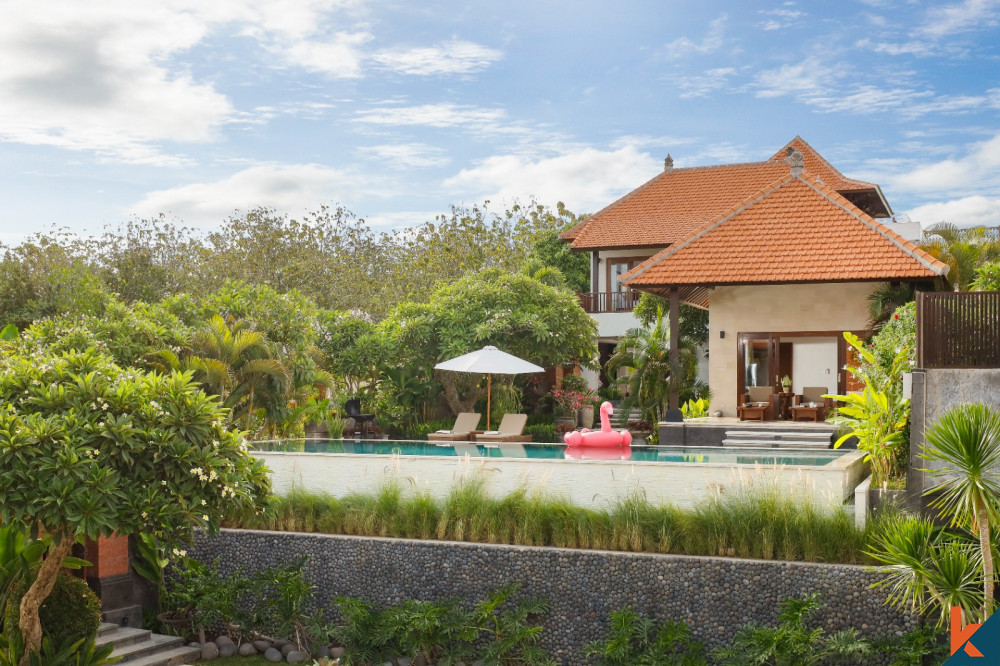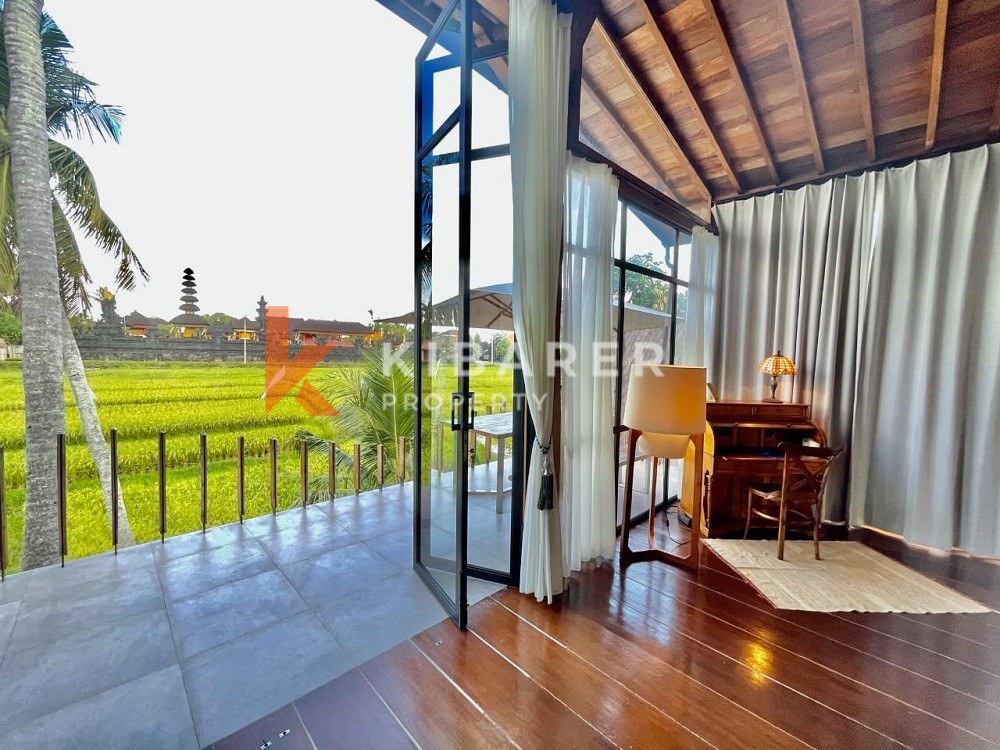International Investors Drives Bali Real Estate Prices Up

There’s a surge in international interest in real estate in Bali. A significant uptick in overseas investors, expatriates, and developers acquiring villas, apartments, lands, and commercial properties is driving up prices on the island. Research from Rumah123, an Indonesian property firm, indicates a notable rise in foreign property acquisitions, particularly in the Badung Regency.
Bali has nine regencies: Badung, Denpasar, Tabanan, Gianyar, Bangli, Buleleng, Klungkung, Karangasem, and Jembrana. Badung, hosting popular resorts like Kuta, Legian, Seminyak, Canggu, Jimbaran, Uluwatu, and Nusa Dua, has witnessed the most significant interest, with a 92% increase in international property demand. This growth isn’t limited to Badung, as Denpasar and other areas have also experienced substantial interest, with Denpasar seeing an 81% rise, Surabaya in Java 49%, and North Jakarta 46%.
Continuing trend
During a panel discussion, Marisa Jaya, the Head of Research at Rumah123, highlighted the rapid increase in foreign property interest in 2023 compared to the previous year, including a growing demand for Bali villas for rent. She anticipates this trend will further enhance the industry’s growth and development in 2024. Nationally, South Jakarta remains the top choice for international investors in Indonesia, with its central business district attracting numerous expats. However, Bali, especially for weekend visits, continues to attract foreign attention.
In 2023, the main investors in Indonesian properties, including those seeking Ubud villas for sale, were from Singapore, the USA, Australia, Malaysia, and Japan. Jaya noted that initiatives like the Golden Visa policy have simplified property investment for foreigners in Indonesia, and further policy reforms could open the market even more.
However, this rapid development has raised concerns in Bali. Leaders, including former Deputy Governor Cok Ace, have called for rigorous spatial planning assessments and strict adherence to property development laws. The tourism sector, particularly in areas like Canggu, faces potential oversupply issues by 2025, which could lead to economic instability and deserted resort towns, a stark contrast to their former status as quiet, agriculture-reliant communities.
Local activist groups, such as Stop Uluwatu Destruction, have been vocal against this rapid development, highlighting its impact on the natural landscape and local culture. Uluwatu, transforming from a serene village to a bustling tourist resort, exemplifies this drastic change. The group recently shared footage illustrating the conflict between development and cultural preservation in Bali, including an incident where construction work disrupted a local family’s religious observance during the Kuningan festival.

